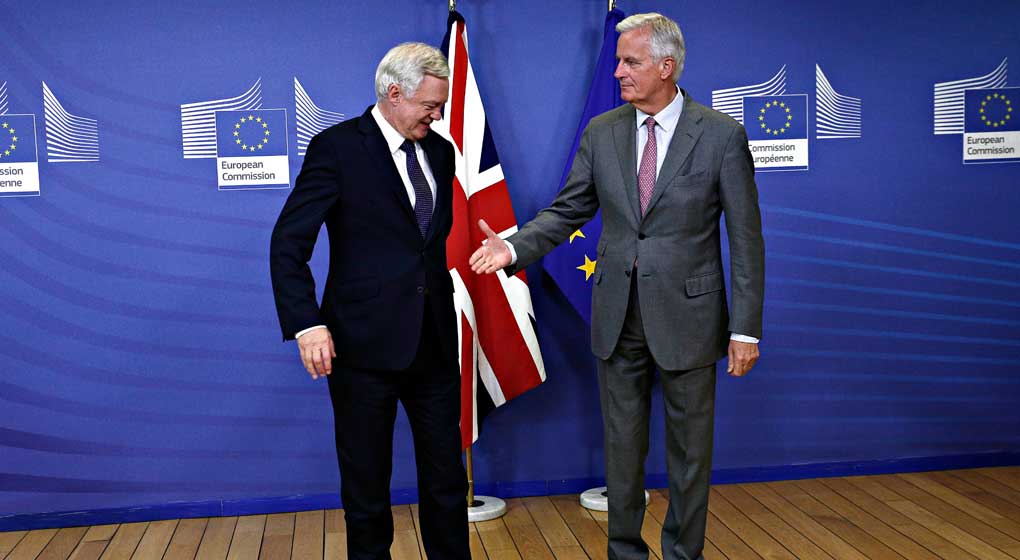Transition deal tells us when but not how we will leave the EU
The latest agreement on transition arrangements after Brexit is one step on a very long road towards full agreement and, more importantly, full clarity on what exactly UK businesses should be planning for.
British Meat Processors Association Chief Executive Nick Allen highlighted the problem by saying “whilst this is a step in the right direction, the food industry, and especially the meat industry, needs to know how things are going to happen; not just what is going to happen, as that has always been understood.
“We need to know how the systems will work at the ports so that we can have a frictionless border; we need to know that these systems will be in place at the end of the 21 months transition period. Those are the pieces of information that will give businesses confidence in the future.”
Even though we now know the transition period will be 21 months, this still doesn’t equip producers and businesses with the certainty they need to make key business and investment decisions.”
In 2016, 70% of UK imports and 60% of exports of food, feed and drink were to countries within the European Union.
Without concrete detail about the trading, regulatory, labour and financial environment they will be operating in after that time, businesses will potentially put-off or even make the wrong decisions on how to react to Brexit. If that happens, there will be a risk of serious disruption throughout the British food supply chain.
To illustrate just how significant this is, in 2016, 70% of UK imports and 60% of exports of food, feed and drink were to countries within the European Union. Without certainty about what will happen and how things will be working will affect a lot of people and businesses.
Director General of the Food and Drink Federation, Ian Wright commented that “Food and drink manufacturers are now looking for serious reassurance from Government that they will not press ahead at any economic cost and that they will be flexible if systems – particularly customs – are not ready in 21 months’ time.”
He added that “transition must not be open-ended but its end point will depend on how quickly the nature of our future trading relationship with the EU is confirmed.”
Many concerns raised by the British meat industry have still not been addressed in this latest round of ‘agreements’. Negotiations are progressing very slowly and the lack of detail at this late stage is worrying.
We still have no clear indication of how the issue of immigration will be dealt with after transition. In the absence of any solution involving regulatory alignment, the EU’s dreaded ‘backstop’ alternative for an Irish Border in the middle of the Irish Sea seems like the only way to avoid a hard border within Ireland. The transition period itself offers precious little time for many farmers, producers and manufacturers to have everything in place before we leave.
BMPA will continue to highlight the practical issues faced by our industry and present logical, viable solutions for these issues to Government. By working closely and constructively with ministers and those involved in negotiations, we aim to achieve a beneficial arrangement for our industry and reach a point of clarity so that businesses can confidently make the changes that will be needed.






